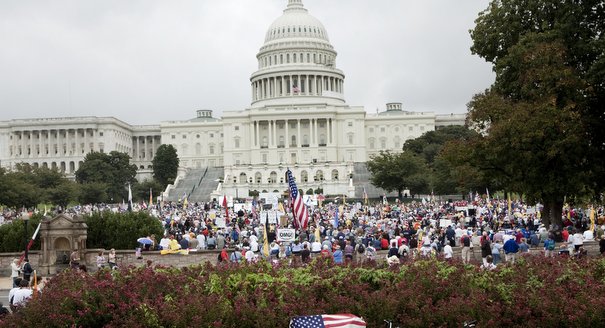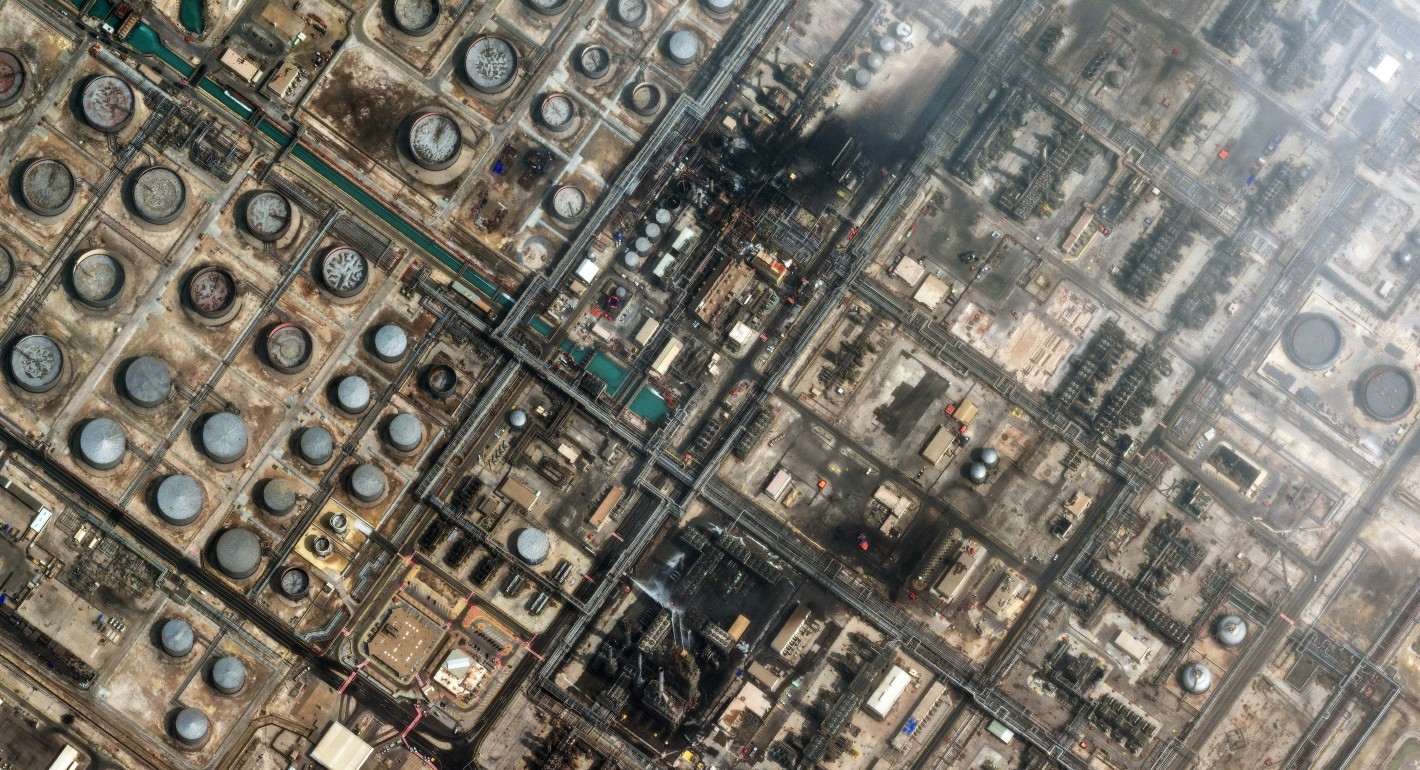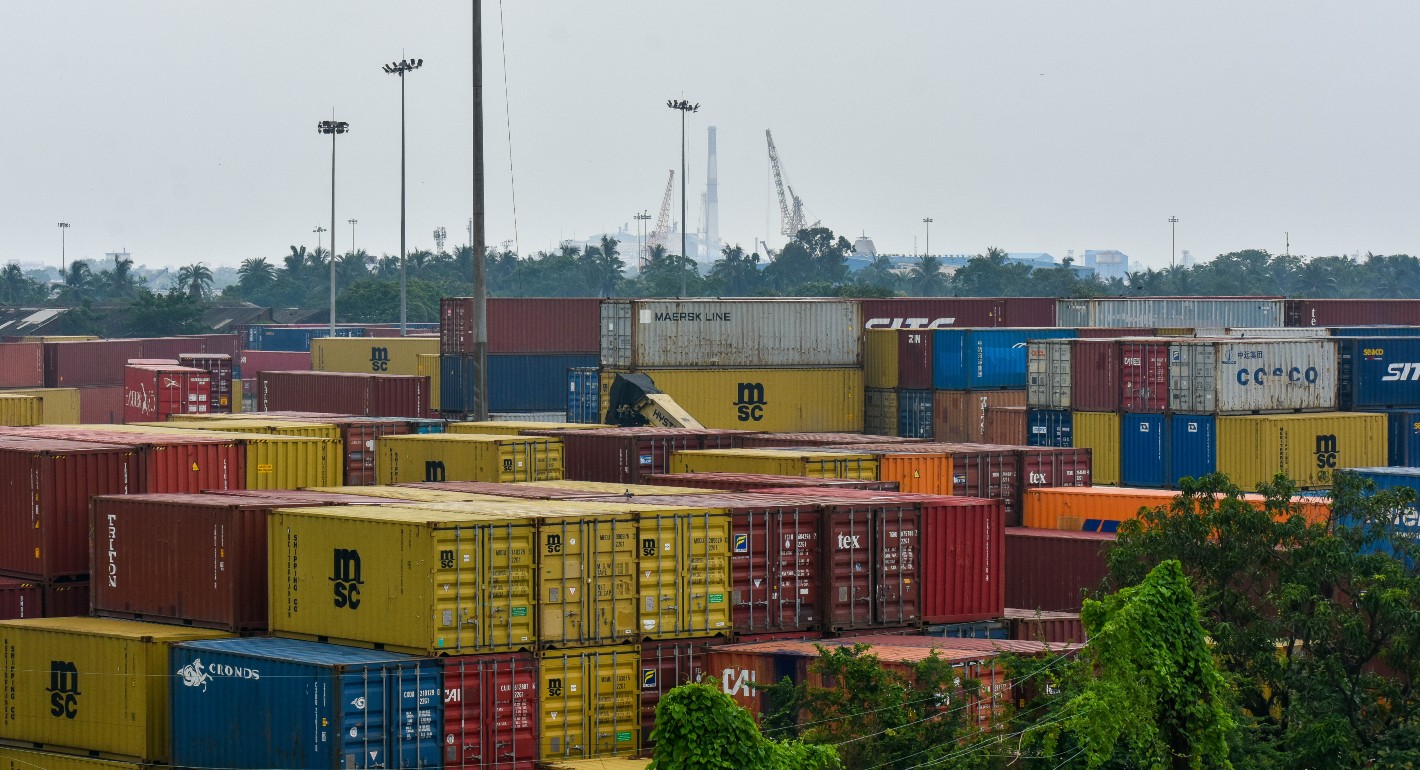Gilles Dorronsoro
{
"authors": [
"Gilles Dorronsoro"
],
"type": "legacyinthemedia",
"centerAffiliationAll": "dc",
"centers": [
"Carnegie Endowment for International Peace",
"Carnegie Europe"
],
"collections": [],
"englishNewsletterAll": "",
"nonEnglishNewsletterAll": "",
"primaryCenter": "Carnegie Endowment for International Peace",
"programAffiliation": "SAP",
"programs": [
"South Asia"
],
"projects": [],
"regions": [
"South Asia",
"Afghanistan",
"Asia"
],
"topics": [
"Security",
"Military",
"Foreign Policy"
]
}
Source: Getty
The Effect on Public Opinion
The disclosure of thousands of classified military documents reveals a darker picture of the war in Afghanistan that is likely to increase public opposition to the war.
Source: The New York Times

Still, the general public now has a better understanding of the day-to-day conflict that is playing out across Afghanistan. What’s clear is that the level of improvisation and — to be frank — disorganization is striking. U.S. troops have never been completely comfortable with this war, and the learning curve has not been as impressive as hoped.
The debate in Washington has focused on counterinsurgency and the big picture, but these documents show that complex policies are not going to work because no one knows how to implement them on the ground. It’s also clear that the Taliban are much more aggressive and well organized than the coalition was prepared to recognize.
The incidents detailed in the documents could put further pressure on the coalition. Accusations of war crimes are possible. And public opinion in the United States and Europe will be more opposed to the war. The leak reveals what war is — a confused and dirty exercise where goals can be quickly lost in the confusion of an actual fight.
About the Author

Former Nonresident Scholar, South Asia Program
Dorronsoro’s research focuses on security and political development in Afghanistan. He was a professor of political science at the Sorbonne in Paris and the Institute of Political Studies of Rennes.
- Waiting for the Taliban in AfghanistanPaper
- Afghanistan: The Impossible TransitionPaper
Gilles Dorronsoro
Recent Work
Carnegie does not take institutional positions on public policy issues; the views represented herein are those of the author(s) and do not necessarily reflect the views of Carnegie, its staff, or its trustees.
More Work from Carnegie Endowment for International Peace
- Iran Is Pushing Its Neighbors Toward the United StatesCommentary
Tehran’s attacks are reshaping the security situation in the Middle East—and forcing the region’s clock to tick backward once again.
Amr Hamzawy
- Modernizing South Asia’s Borders Through Data-Driven ResearchArticle
Cargo time release studies offer a path to greater economic gains and higher trust between neighboring countries.
Nikita Singla
- The Gulf Monarchies Are Caught Between Iran’s Desperation and the U.S.’s RecklessnessCommentary
Only collective security can protect fragile economic models.
Andrew Leber
- Duqm at the Crossroads: Oman’s Strategic Port and Its Role in Vision 2040Commentary
In a volatile Middle East, the Omani port of Duqm offers stability, neutrality, and opportunity. Could this hidden port become the ultimate safe harbor for global trade?
Giorgio Cafiero, Samuel Ramani
- Europe on Iran: Gone with the WindCommentary
Europe’s reaction to the war in Iran has been disunited and meek, a far cry from its previously leading role in diplomacy with Tehran. To avoid being condemned to the sidelines while escalation continues, Brussels needs to stand up for international law.
Pierre Vimont








